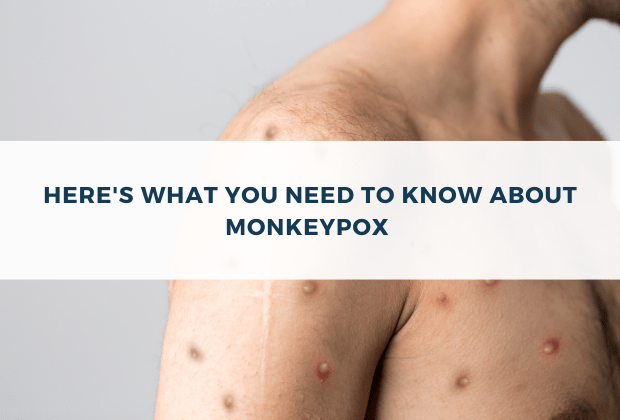
- Vaccines used during the smallpox eradication programme also provided protection against monkeypox. Newer vaccines have been developed of which one has been approved for prevention of monkeypox
- Monkeypox is caused by monkeypox virus, a member of the Orthopoxvirus genus in the family Poxviridae.
- Monkeypox is usually a self-limited disease with the symptoms lasting from 2 to 4 weeks. Severe cases can occur. In recent times, the case fatality ratio has been around 3–6%.
- Monkeypox is transmitted to humans through close contact with an infected person or animal, or with material contaminated with the virus.
- Monkeypox virus is transmitted from one person to another by close contact with lesions, body fluids, respiratory droplets and contaminated materials such as bedding.
- Monkeypox is a viral zoonotic disease that occurs primarily in tropical rainforest areas of central and west Africa and is occasionally exported to other regions.
- An antiviral agent developed for the treatment of smallpox has also been licensed for the treatment of monkeypox.
- The clinical presentation of monkeypox resembles that of smallpox, a related orthopoxvirus infection which was declared eradicated worldwide in 1980. Monkeypox is less contagious than smallpox and causes less severe illness.
- Monkeypox typically presents clinically with fever, rash and swollen lymph nodes and may lead to a range of medical complications.
